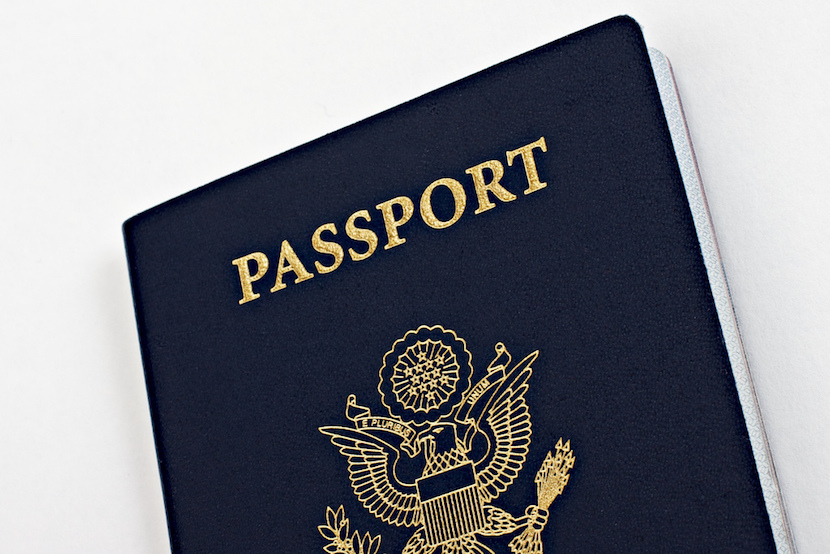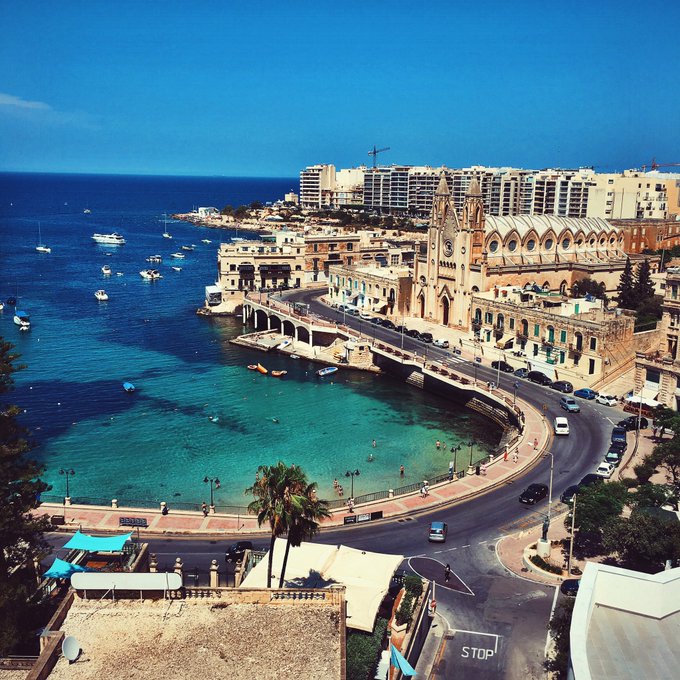Second passports have always been in demand by those living in turbulent geographies. They offer a convenient alternative should circumstances deteriorate to the point where relocation becomes the best option. Most countries see the benefit of acquiring new wealthy taxpayers and their capital, so “citizenship by investment” is nothing new. But as uncertainty grows in a world battling to find a new way, competition for those with skills is being matched by their desire for a Plan B. – Alec Hogg
By Vanessa Houlder
When Younghee Wait, a New Yorker and US citizen, took her family to Malta last November, they were enchanted by the Mediterranean archipelago’s beauty and culture. “My whole family fell in love with what Malta has to offer,” she says. But the visit was more than a holiday. It was a step towards buying Maltese citizenship for her family, which would allow them to live and work in any part of the EU.
Ms Wait exemplifies a new and fast-growing class of “economic citizens”. At one time, second passports were – like suitcases of cash – the preserve of spy novels. Now they are becoming increasingly common, according to the International Monetary Fund.
The fund has reported a surge in the number of economic citizenship programmes. Wealthy individuals see buying citizenship or residency rights “as a means to improving international mobility, tax planning, and family security”, the IMF said in a report last year.
There are no tax advantages for Ms Wait’s family in acquiring Maltese passports, but it would open the door to a job in Europe. She says: “Some people say you can travel everywhere with an American passport but it does not give you the flexibility to live and work in other countries. If one wishes to work abroad and live life as a productive, engaged individual, one has to consider acquiring a citizenship or arranging for a work permit.”
While she and her husband relied on the banks they worked for to arrange visas, she believes today’s more entrepreneurial companies are not geared to helping employees work abroad.
Ms Wait, who expects to complete the process for gaining “citizenship by investment” this year, describes it as rigorous and time-consuming, involving extensive background checks. The required investment is significant: the main applicant pays €650,000 with additional investments in property and bonds and further contributions for spouses and dependants.
Malta’s citizenship-by-investment programme is controversial. In 2014, Members of the European Parliament voted overwhelmingly in favour of a non-binding resolution criticising the scheme, saying an EU passport should not carry a “price tag”. In April this year, a report by Maltese MPs cast fresh criticism of the way the contract for the citizenship programme was awarded.
Despite such reservations, the EU has boosted the sale of citizenships by offering a number of Caribbean countries visa-free travel in Europe, starting in 2009. The move injected life into one of the oldest – but largely moribund – citizenship programmes, which had been run by St Kitts and Nevis since 1984.
The two Caribbean islands promise “intoxicating natural beauty, sunny skies, warm waters, and white sandy beaches” but its new citizens are not required to live there or even visit them. For an investment of as little as $250,000, investors have been able to secure visa-free travel to dozens of countries in a matter of months.
Take-up quickly soared, pushing receipts to 13 per cent of the islands’ $787m national income in 2013. With the minimal regulations and tax burdens, libertarians were among early enthusiasts. One such was Roger Ver, an early investor in bitcoin-related start-ups who was often pictured wearing a T-shirt featuring the slogan “borders are imaginary lines”. Another,Pavel Durov, a peripatetic Russian-born technology entrepreneur, says he does not like the concept of countries.
Accurate statistics are in short supply, but the IMF has suggested that demand for citizenship-by-investment programmes is led by clients from China, followed by Russia, and to a lesser extent from the Middle East. It says the surge in demand “may reflect a combination of growing wealth in emerging markets and an increase in global uncertainties and security issues”.
Views differ on the implications for such programmes of the UK’s vote to leave the EU. Nuri Katz, president of Apex Capital Partners, a citizenship consultancy, predicts the result will have a “huge impact” on European programmes that have been marketed as a cheaper, faster back door into the UK. But Christian Kalin of Henley & Partners, a Jersey-based consultancy, believes Brexit will have “little if any effect on our business”. He thinks British citizens will continue to have access to the EU in a relationship similar to that of the Norwegians and Swiss.
Insecurity fuels demand, says Mr Kalin. Some purchasers of second passports are wary of revealing their nationality on passenger lists or hotel registers, in the wake of the 2008 Mumbaiterrorist attacks, in which US and UK passport holders were singled out.
Tax is another incentive. Henley says that moving “to a country with a milder tax regime is an attractive option for many who feel they have to pay more than a fair share, and who in particular do not like the divisive politics and constant erosion of their privacy”.
Residency – not citizenship – usually determines where people pay tax, except for US citizens who pay federal taxes wherever they live. But Henley says citizenship may be a tiebreaker when more than one country may have taxing rights and “is therefore increasingly important as an effective tool for international tax planning”. Acquiring a new passport can also be valuable for the small but growing number of US citizens who are relinquishing their US citizenship because of the compliance burden and increased enforcement of US tax rules.
Greater visa-free travel is another big selling point for the super-rich, according to Mr Katz. He cites an example of a South African wanting to have dinner in Paris without impediment, but who would need a visa to travel to many places. Only a second passport can bestow certain freedoms that westerners take for granted, he says. “Psychologically, for a high-net-worth person [to] have to ask someone to let [them] go somewhere is very upsetting.”
Increasingly, additional passports are seen as a status symbol. Mr Katz cites what he describes as “the black American Express syndrome”, a steel invitation-only card which conveys membership of a club of big spenders. He says: “For some people having another citizenship is prestigious.”
Atossa Araxia Abrahamian, a journalist at Al Jazeera and author of The Cosmopolites, a book about the sale of citizenships, thinks that effective marketing accounts for much of its rise in popularity. She says it is partly down to the “leveraging of paranoia” and partly the skilful framing of the transaction as in Henley’s description of its clients as a “privileged new class of global citizens”.
The reputation of some schemes has been tarnished by lax controls. The IMF says “preserving the credibility” of programmes is perhaps the most critical challenge they face.
Ms Abrahamian, who has three citizenships through family or birth, says she sees nothing wrong with the investment programmes. “If you are wealthy and want to take matters into your own hands, more power to you.”
Ms Wait views her family’s passports acquisition as a transaction needing as much careful analysis as any other decision regarding her family’s wealth. “For me, citizenship is a category of alternative asset investment such as an insurance or options trading.”
(c) 2016 The Financial Times Ltd.

